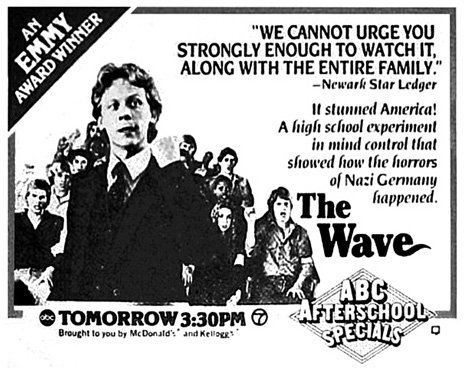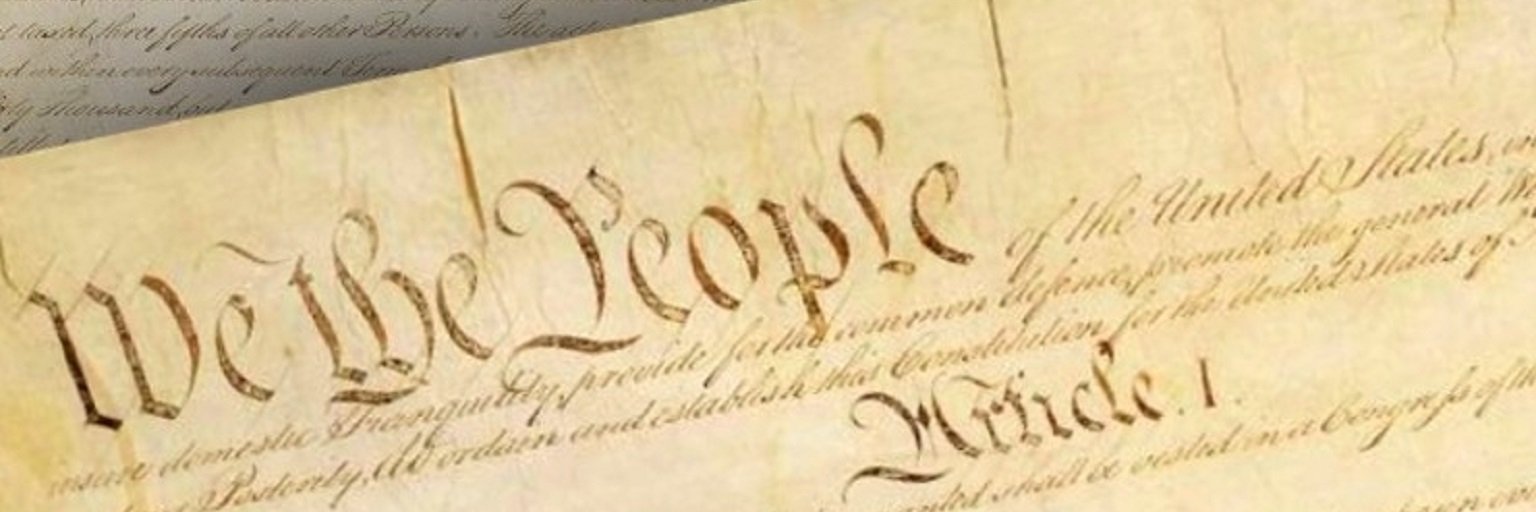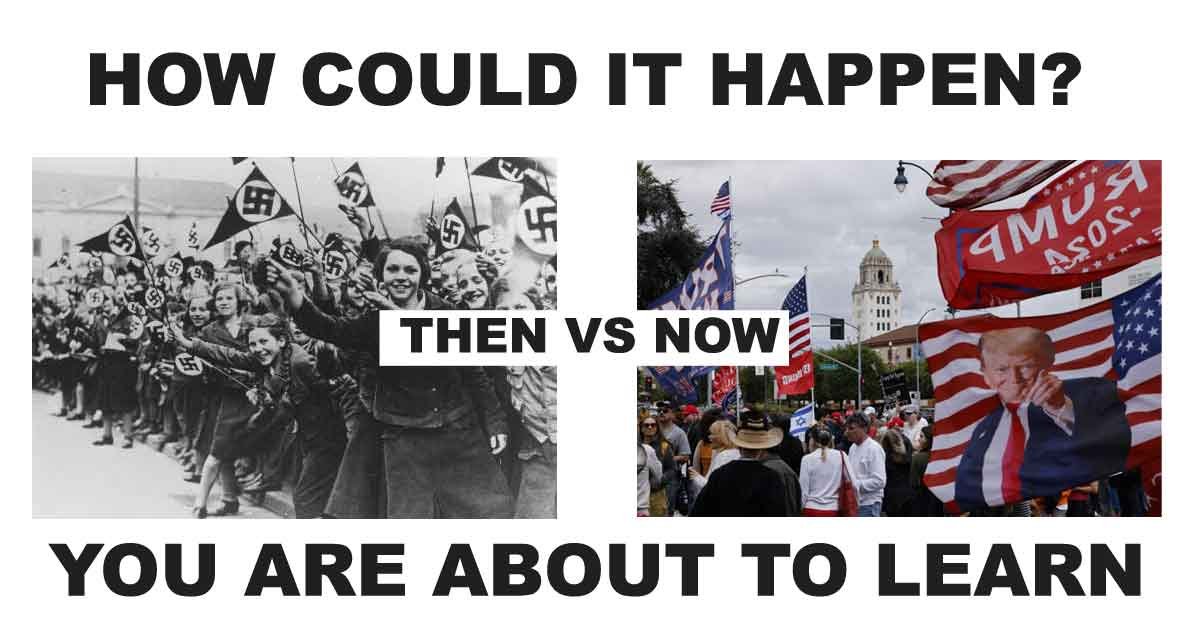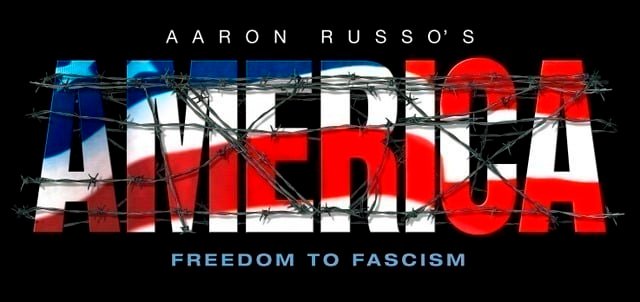Movie Review: The Wave (1981)
Directed by Alexander Grasshoff
Based on the short story by Ron Jones
The Wave (1981) is a hauntingly realistic dramatization of how quickly ordinary people can be drawn into the grip of authoritarianism — even in a modern, democratic society. Based on a true classroom experiment conducted in 1967 by California high school teacher Ron Jones, the film examines how easily social conformity, discipline, and a desire for belonging can override individual morality and critical thinking.
The story begins innocently enough: a well-meaning high school teacher, Ben Ross (played by Bruce Davison), attempts to explain to his students how Nazi Germany could have gained such widespread support from everyday citizens. When his class insists that such blind obedience could never happen in America, Ross creates a social experiment he calls “The Wave” — a movement built on the principles of “Strength Through Discipline, Strength Through Community, Strength Through Action.”
At first, the students embrace The Wave as a fun and empowering exercise. They stand taller, speak more confidently, and even improve academically. But what begins as a classroom experiment soon spirals into a disturbing microcosm of fascism. Students begin ostracizing non-members, reporting dissenters, and prioritizing group loyalty over morality. The shift from curiosity to fanaticism happens with chilling speed, and the teacher quickly realizes he’s lost control of what he started.
Bruce Davison delivers a compelling performance as a man torn between intellectual curiosity and the ethical consequences of his own experiment. The student cast, though relatively unknown at the time, gives natural and believable performances, capturing both the excitement and fear of being swept up in something larger than themselves.
Stylistically, the film feels like a made-for-TV production of the early 1980s, with modest visuals and straightforward direction. Yet, what The Wave lacks in cinematic polish, it more than makes up for in psychological depth and moral weight. The simplicity of the setting — a single classroom and a handful of students — only amplifies the story’s unsettling truth: authoritarian movements rarely start with violence; they begin with order, unity, and the promise of purpose.
More than four decades later, The Wave remains profoundly relevant. In an age of social media echo chambers, populist politics, and ideological polarization, its warning feels more urgent than ever. It reminds us that vigilance against tyranny begins in small, everyday choices — and that the line between civics lesson and social control can be terrifyingly thin.
Verdict:
★ ★ ★ ★ ☆ (4/5)
The Wave is a stark, thought-provoking film that should be required viewing in every civics and ethics class. It’s not just a story about a classroom experiment gone wrong — it’s a mirror held up to society, asking how far we’d go for the comfort of belonging.
Watch Now for Free:




